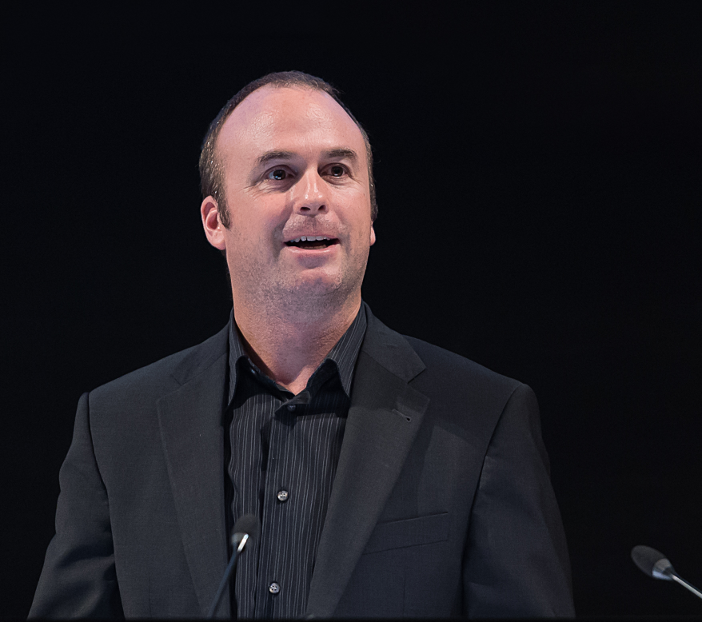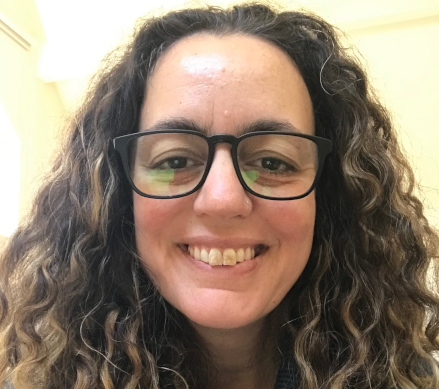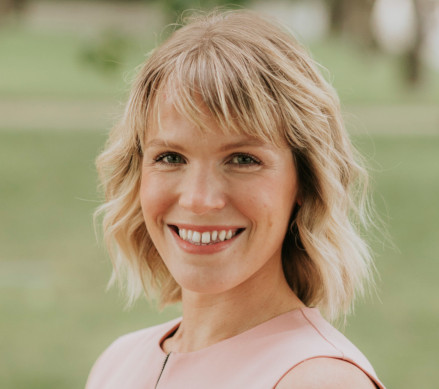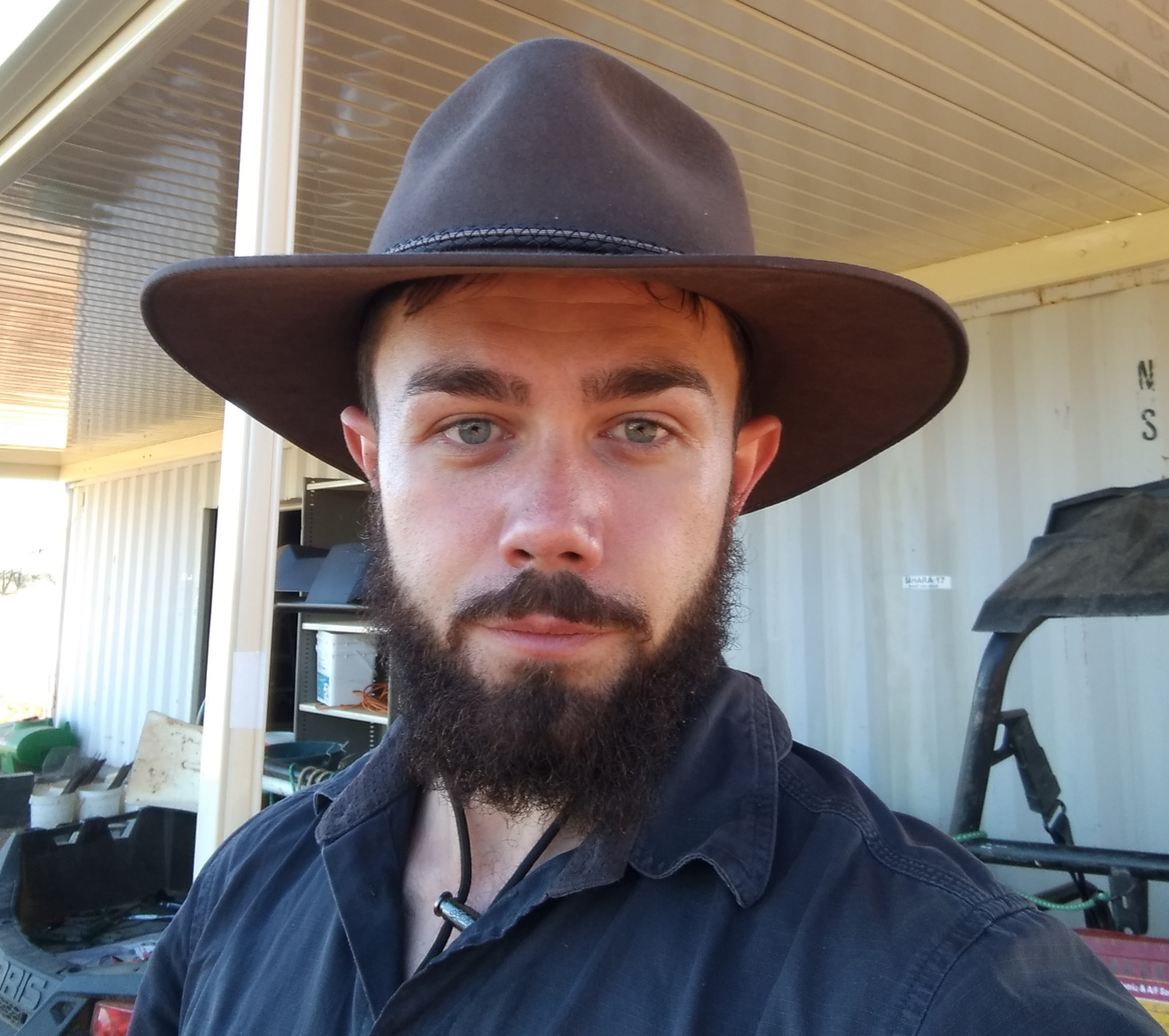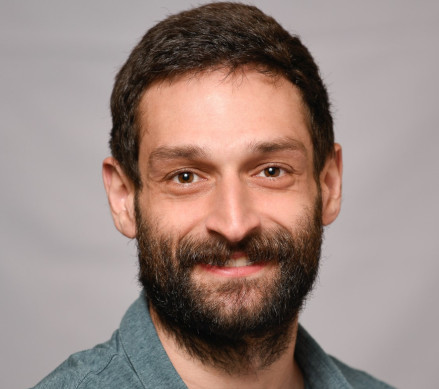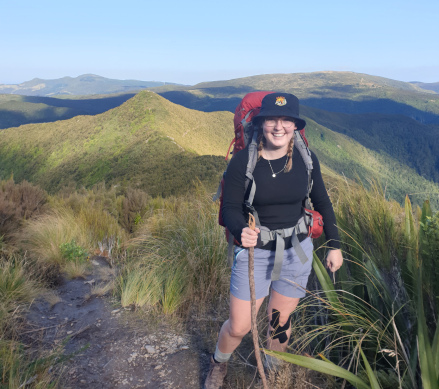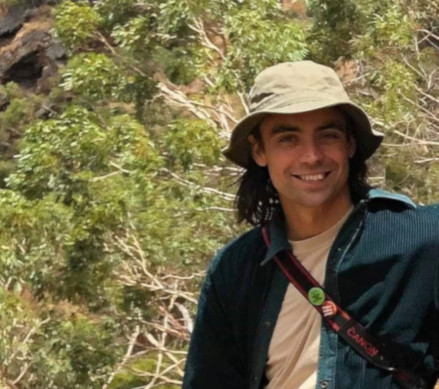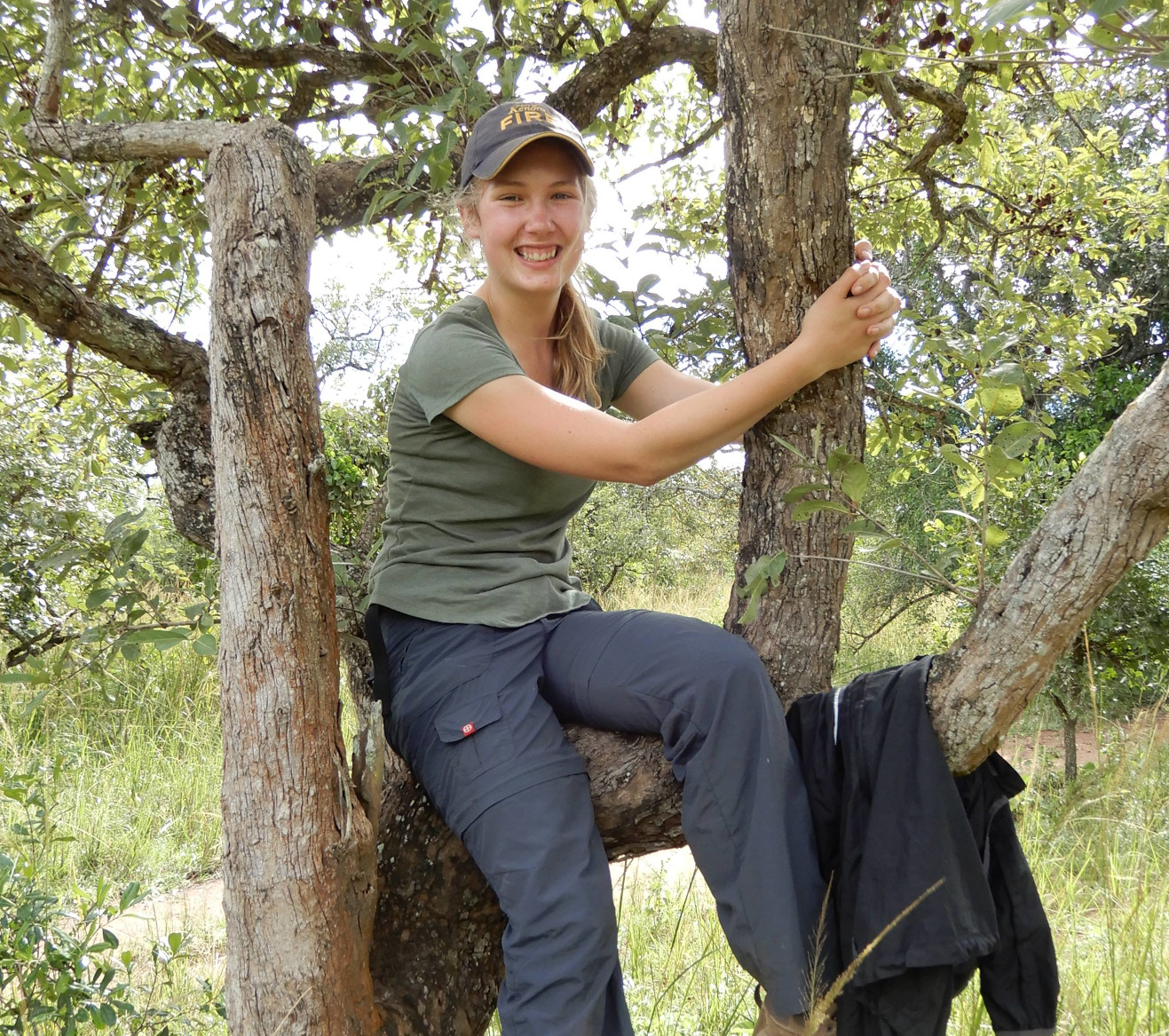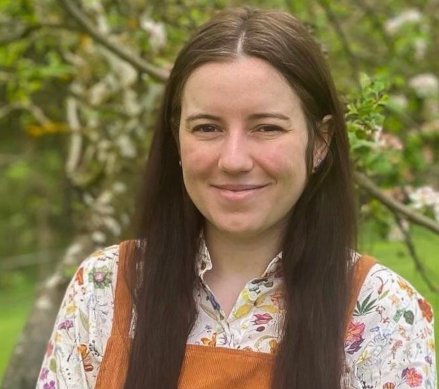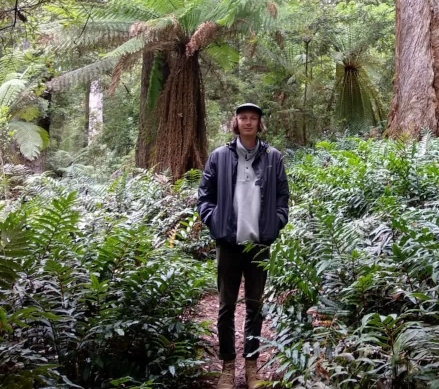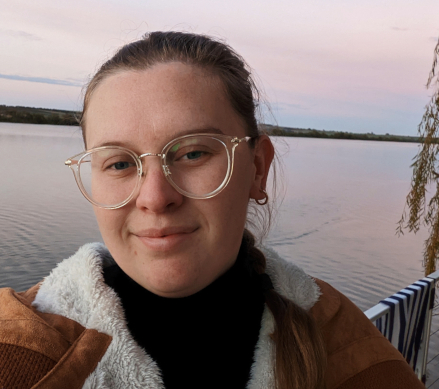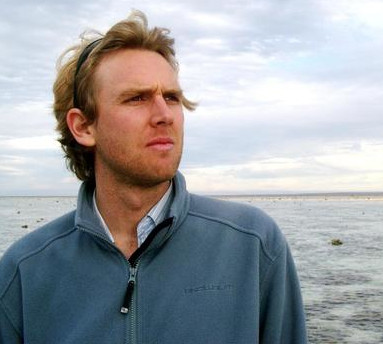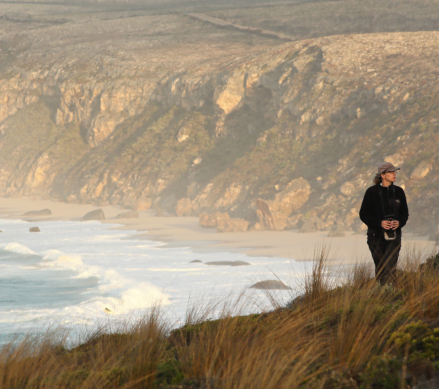
Dylan Chadwick
PhD Candidate
Dylan is a wildlife conservation biologist and PhD candidate focused on the illegal wildlife trade. He graduated from the University of Adelaide with degrees in Wildlife Conservation Biology and Ecology and Evolutionary Biology. Alongside his studies, he worked as a firefighter and later as a leader of ecological teams in Queensland, overseeing land management, conservation, and emergency response programs. Now back at the University of Adelaide, he is dedicated to producing impactful research in environmental crime and wildlife conservation.

Jasmin Broadbridge
PhD Candidate
Jasmin graduated from a Bachelor of Science (Wildlife Conservation Biology) at the University of Adelaide in 2022. The following year (2023, she completed her honours degree, focusing on the global trade of feathers (and how it had persisted since its popularity in the 19th century). In 2024, Jasmin's PhD research will focus on the Australian aquarium trade – in particular, coral trade from (and within) Australia. She will initially be looking at Australian exports, collection, and which of our Australian endemic coral are sold on international markets.

Marie Beillevert
PhD Candidate
Marie graduated from the University of Aix-Marseille in France, where she majored in Criminal Law, with a specialization in European Criminal Law. Marie is pursuing her PhD under the supervision of Dr. Phillipa McCormack and Dr. Kellie Toole while collaborating with the Wildlife Crime Hub. Her research focus on comparative criminal law frameworks to address water pollution crime in Australia and Europe. Her goal is to contribute to the development of effective legal mechanisms that strengthen environmental protection and accountability on a global scale.
